Agents of Lasting Change: Creating Sustainable Faculty Development
Among the many challenges we face while still operating under months (years?) of “pandemic protocols” at our various institutions is the need to get on with the vital business of faculty development—surrounding issues of assessment, and continuous improvement. Moreover, we must offer more than quick fixes or band-aids; we must create systems that are flexible, accessible, scalable, and sustainable. We need to be agents of lasting change.
At my institution – Lincoln Land Community College – the 250 full-time and part-time faculty serve nearly 5,000 full-time students annually on multiple campuses centered around Springfield, IL. The pandemic sent instructors like me home, working remotely and diligently to “keep the doors open,” as our college president put it at the time. Many of us are only now setting a ginger foot back into face-to-face teaching. If that burden were not enough, we also changed over to a new Learning Management System (LMS) and still readying the campus for reaccreditation through the Higher Learning Commission (HLC). All hands on deck at LLCC!
Only a few years earlier we had completely rebuilt our assessment processes by creating a new Learning Outcomes Assessment Team (LOAT) and adopting AEFIS as our digital assessment platform. Change was piling upon change, and the task of helping faculty take ownership of our revamped assessment processes falls to the LOAT, of which I am current faculty chair. Thankfully I am not alone. The team also includes two faculty memberships: Department Assessment Coordinators and General Education Outcome Specialists. The former works directly on assessment best practices alongside our Deans, while the latter provides resources and guidance centered on supporting student outcome achievement. We are faculty leaders working as peers to make real, meaningful change possible.
While the team was able to collaborate and create a new, desperately needed assessment handbook, we were still stuck as to how to train faculty in the use of digital assessment technology and assessment best practices. In the past, we might have relied upon campus professional development days or similar in-person training sessions, but these were non-starters in a pandemic. The change to Canvas as our LMS opened a window of opportunity to “start fresh,” and we seized the moment to try something bolder. Partnering with AEFIS – and specifically my close collaborator Suzanne Carbonaro – we set out to create a unique and adaptable online training program. This program stands upon three central pillars:
1. A structure informed by Universal Design for Learning (UDL),
2. A peer-to-peer instructional environment where faculty take lead, and
3. The online platform of AEFIS Academy, where our instruction is hosted.
Best of all, we can improve upon our work over time, and we can share our work beyond LLCC, embracing a community of like institutions and professionals.
Universal Design for Learning is a set of guidelines that ensure learners will have multiple means of engagement, representation, and action (https://udlguidelines.cast.org/). In the case of the online curriculum for assessment training being developed at LLCC, this takes the form of a multimodal lesson (Web video and text) paired with opportunities for learner feedback and collaboration. Ultimately we hope to build a community of practice (CoP) that extends beyond LLCC and out to peer institutions while staying grounded and responsive to the needs of LLCC faculty and staff who are only now getting to know AEFIS and Canvas software. The college already follows Quality Matters (https://www.qualitymatters.org/qa-resources/rubric-standards) standards for course design in our online instruction – with hundreds of training hours completed in just the past year – so the faculty workgroup completing our lessons on AEFIS Academy already has some experience with thinking about issues of accessibility and equity in instructional design.
Central to the mission of the LOAT is giving faculty ownership of the college’s assessment processes. Our academic administrators have made it clear that assessment exists to spur innovation and improve student success in meeting course and program outcomes. As they affect so many of our students, General Education courses have been a particular focus for the college in the past three years, where we have adopted the AAC&U VALUE Rubrics (https://www.aacu.org/value-rubrics) as standard across departments and disciplines. Canvas and AEFIS interoperability allow us to attach rubrics to Canvas assignments and then share data automatically into AEFIS. The data generated is then shared back to the faculty via the LOAT at the outset of every semester. Therefore, our faculty are empowered to make data-informed decisions about best practices that result in real change to curriculum and instruction. In the last year – for instance – faculty in sociology (my discipline) and English were able to bolster assignments aimed at improving information literacy with custom-tailored resources developed by our faculty librarians. This is the kind of collaborative work we hope our AEFIS Academy course will inspire at LLCC and beyond.
AEFIS Academy (https://www.aefisacademy.org/) is a free-to-join, member-driven, collaborative space created to help share ideas, network, and generally nerd out about topics related to education and learning, assessment and best practices, and a host of other topics. Acting as an LMS of its own, the Academy course being developed jointly between LLCC and AEFIS will be accessible 24/7 online. The platform allows participants to self-pace their learning experience but also to contribute feedback and eventually share their own stories of success. We also can scale the course and lessons as needed, update and revise material based on feedback, and open the door to collaborations yet unknown. Although our efforts are still in their fledgling stages, I feel more confident than ever that we are building a foundation for the future while meeting the immediate needs of today.
To learn more about this collaborative work, I invite you to join us for Improving Adult Learning: Empowering Diverse Faculty as Assessment Leaders at Your Institution academic session at the 8th Annual Drexel Assessment Conference (also available on-demand afterward). Thank you and Stay Tuned for our Continued Progress!
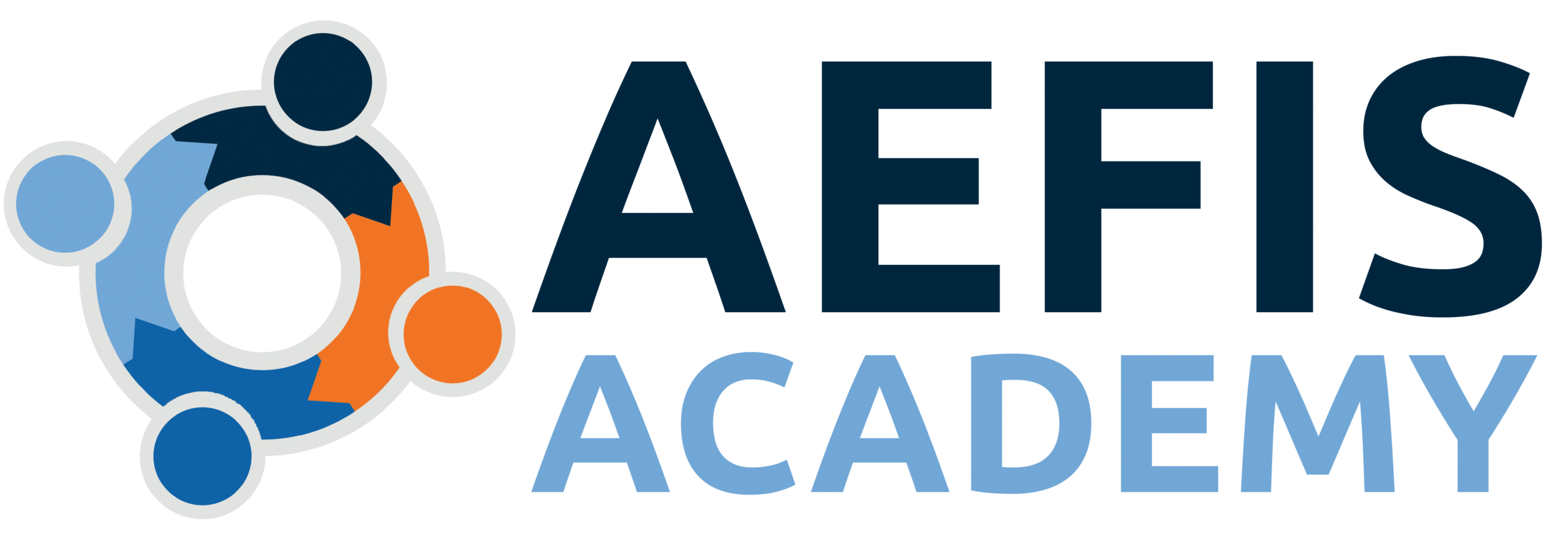

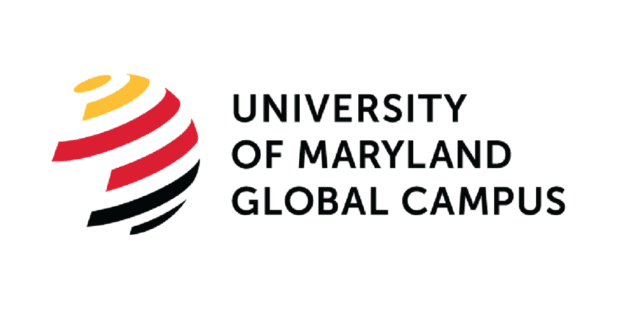
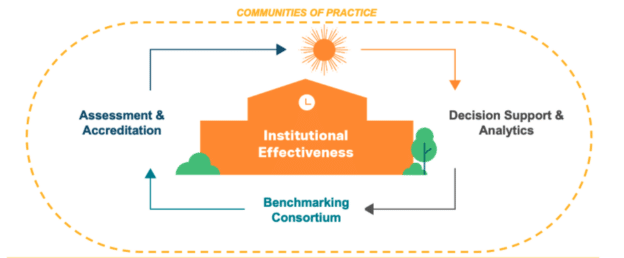
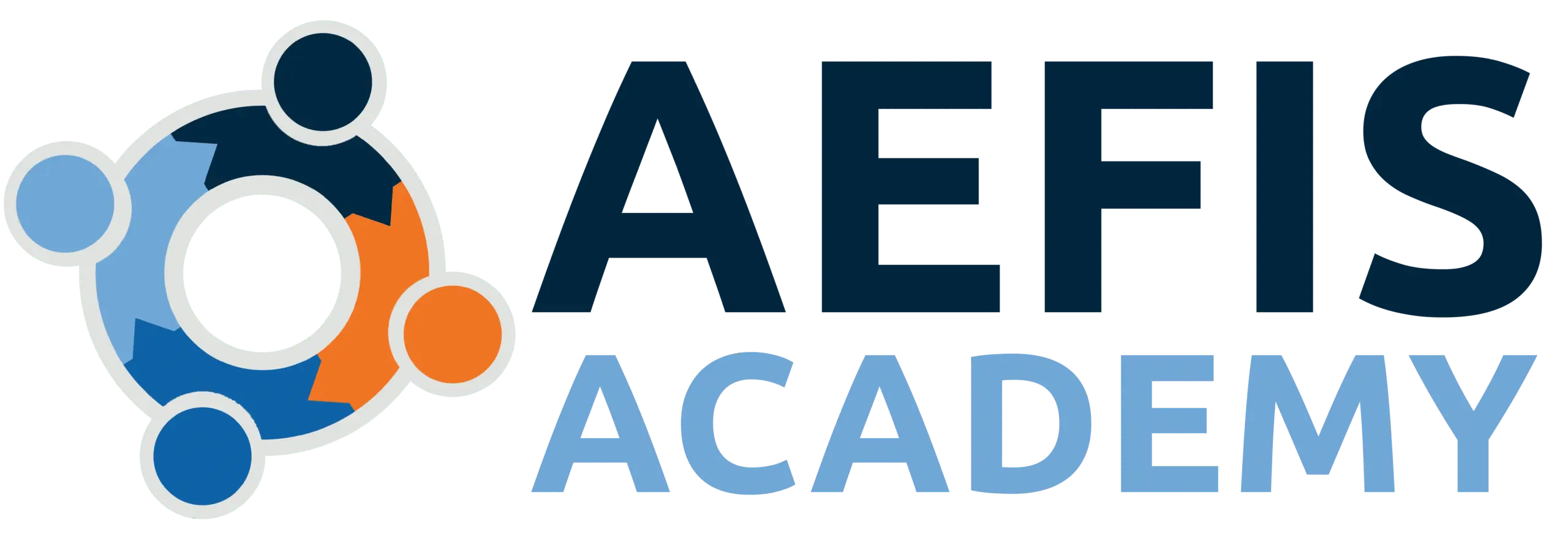
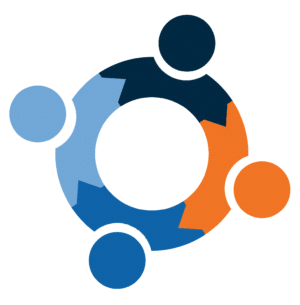
Discussion